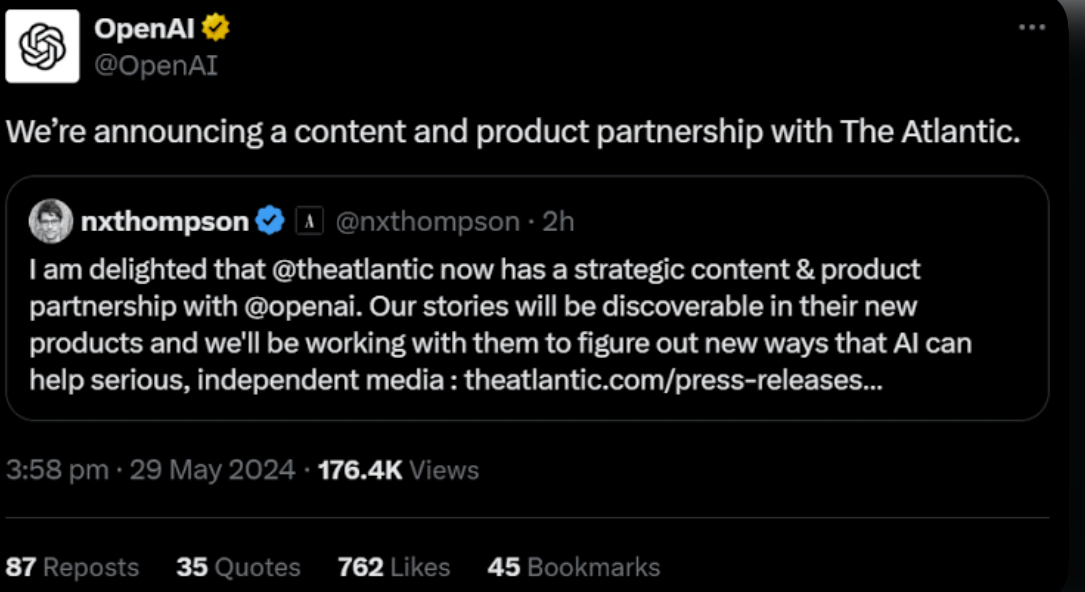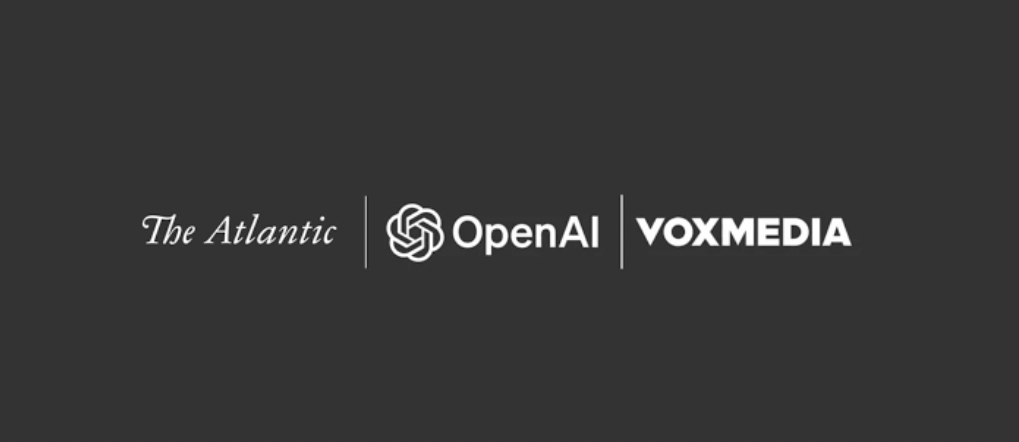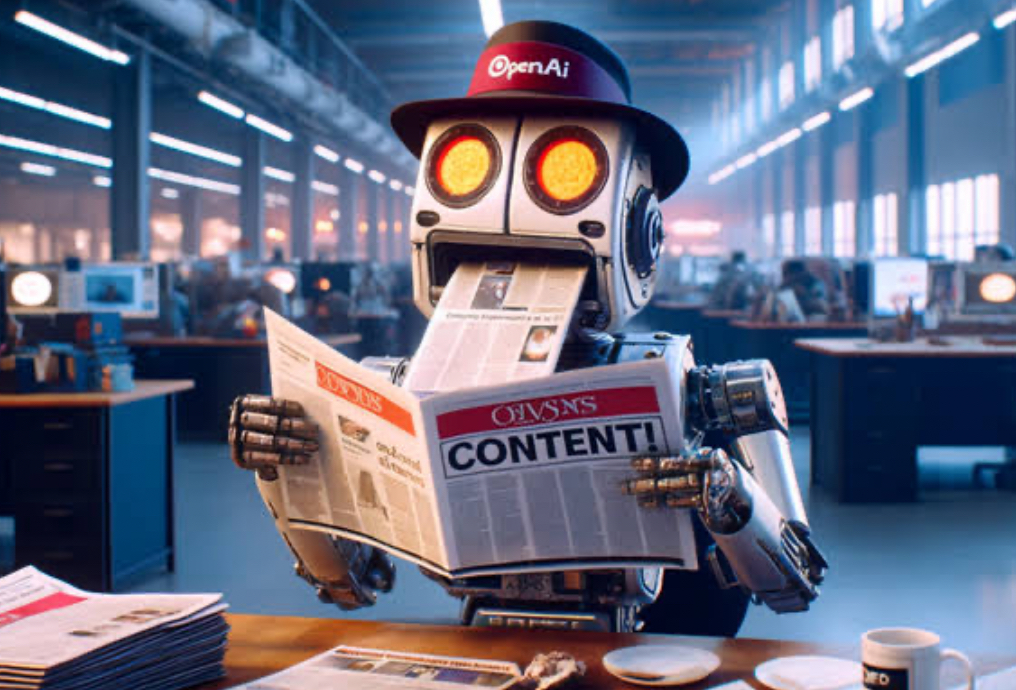Artificial intelligence (AI) is changing quickly, and it's having a bigger and bigger effect on the media business. Opening AI, a leading AI research centre, recently announced partnerships with Vox Media and The Atlantic, two major media companies. With these partnerships, collaboration between AI developers and media companies has come a long way. They could have an impact on how people get news and information in the future.

Deals include licensing content and making new products
OpenAI, Vox Media, and The Atlantic have not made the terms of their financial deals public. However, the most significant aspects of the agreement are as follows:
- Content licensing: OpenAI will be able to use material from both Vox Media and The Atlantic. This information will help OpenAI train and improve its AI models, especially ChatGPT, a well-known AI robot.
- Making Products: The partnerships go beyond just licensing material. OpenAI and both of the media groups will work together to make new products and features that use AI technology. Vox Media will utilise OpenAI's tools to enhance its commerce site and data platform, for instance. The Atlantic, on its experimental microsite, Atlantic Labs, will test how AI can enhance reader interaction and news production.
Benefits both Vox Media and The Atlantic

These partnerships could benefit Vox Media and The Atlantic in a variety of ways:
- Increased brand visibility and a larger audience: These two media companies can reach a larger audience and possibly raise brand awareness by allowing OpenAI tools like ChatGPT to find their content.
- Generating income: We should pay Vox Media and The Atlantic for licensing their material, even though the exact amounts are unknown.
- Innovation and progress in technology: When two media companies collaborate with OpenAI, they can leverage cutting-edge AI technology and be at the forefront of AI-powered media growth.
Thoughts and problems

These relationships have also drawn criticism, despite their potential benefits.
- Issues with copyright: The New York Times, along with other media companies, has sued OpenAI, alleging that their use of their material to train AI models violates their copyright.
- Loss of control over what's shown: Some people fear that media companies may lose some control over the use and presentation of their content when they license it to AI companies.
- Undermining the journalist's trustworthiness: Jessica Lessin, the founder of The Information, states in an Atlantic article that these partnerships could damage media companies' reputations if people perceive them as merely endorsing AI products that could eventually replace them.
OpenAI's Strategy and the Future of AI and Media

OpenAI seems to have more than one plan for working with media companies:
- Making sure you have good training data: Working with trustworthy news outlets can provide OpenAI with a lot of high-quality material to train and improve its AI models.
- Staying out of copyright lawsuits: By working together with content makers more, these partnerships may make copyright infringement claims less likely.
- Shaping the future of AI-powered news: Working with media groups, OpenAI learns a lot about how to best use AI to deliver news and information.
In the future, AI and media will likely work in a complicated way, with tech developers and content authors working together. A relationship between OpenAI, Vox Media, and The Atlantic makes it possible for people to work together more in the future. However, we must address potential issues related to copyright, control, and trustworthiness to ensure our progress is honest and sustainable.
Image Source: Multiple Agencies
Inputs from Agencies
© Copyright 2024. All Rights Reserved Powered by Vygr Media.





















